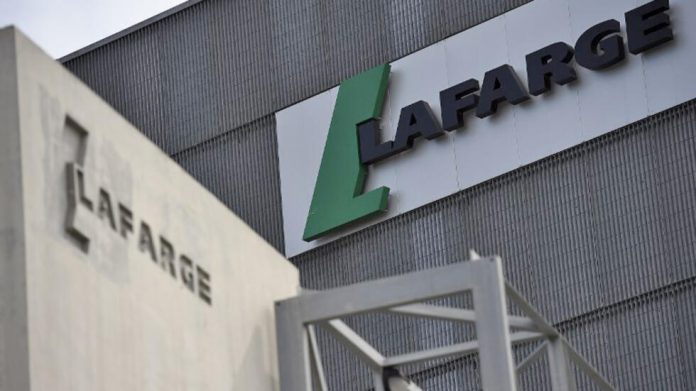The recent announcement by Holcim to exit the Nigerian market after a 65-year presence is a stark reminder of the deteriorating economic climate in the country. This departure, coupled with the ongoing exodus of other multinational corporations, demands urgent attention and decisive action from Nigeria’s economic handlers.
John Paul Emechebe, Head of On-Premise at Red Bull, aptly highlighted the gravity of the situation. The combination of unfavorable economic policies, infrastructure deficiencies, regulatory hurdles, and security concerns has created a hostile environment for businesses, both domestic and foreign.
It’s imperative for the government to recognize that these challenges are not isolated incidents but systemic issues that require a comprehensive and coordinated approach. To stem the tide of corporate departures and attract much-needed foreign direct investment, the following measures must be implemented:
- Economic Policy Reform: The government must prioritize the implementation of investor-friendly policies that foster a stable and predictable business environment. This includes streamlining bureaucratic processes, reducing red tape, and ensuring regulatory consistency.
- Infrastructure Development: Significant investments in critical infrastructure, such as power, transportation, and digital connectivity, are essential to enhance the ease of doing business and reduce operational costs.
- Security Enhancement: Addressing security challenges, particularly in regions affected by insurgency and kidnapping, is crucial to safeguard lives and property.
- Domestic Manufacturing Promotion: A concerted effort to promote domestic manufacturing can reduce reliance on imports, create jobs, and stimulate economic growth.
The time for complacency is over. Nigeria’s economic handlers must rise to the challenge and take bold steps to revitalize the economy. The future of the nation depends on it.




